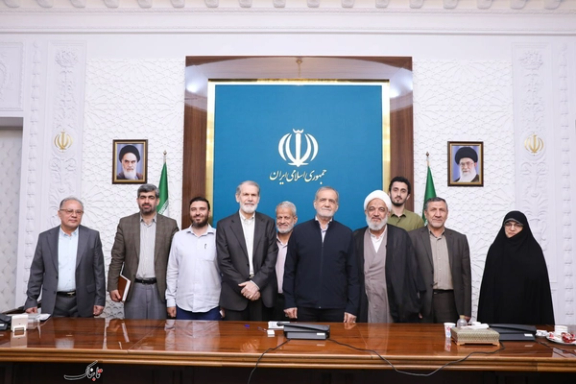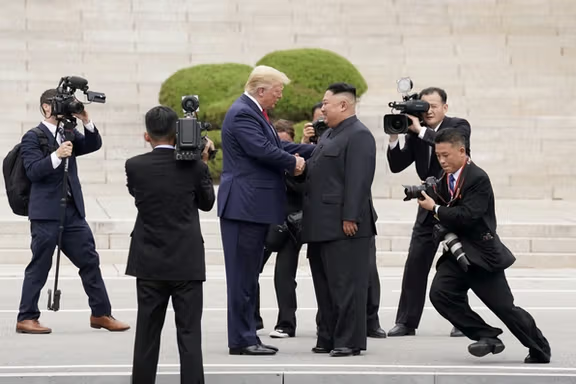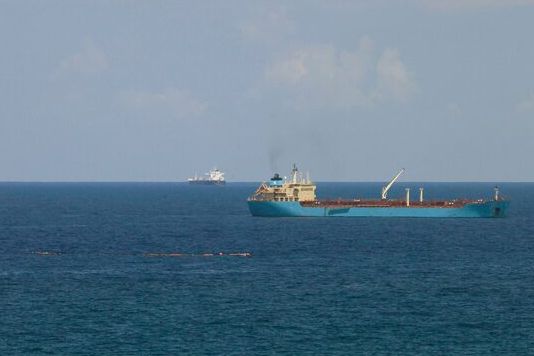Ahmad Naderi, a representative for Tehran, made his comments in a post on X, echoing sentiments expressed by some Iranian hardliners after threats from US President Donald Trump that Iran would be bombed if it does not agree to a nuclear deal.
"Observing the behavior and words of Trump during his first presidential term with North Korea shows that having an atomic bomb has brought security for Korea," Naderi wrote.
During his 2017-2021 presidency, Donald Trump held three meetings with North Korean leader Kim Jong Un, in Singapore, Hanoi, and at the Korean border, the first time a sitting US president had set foot in the country.
Reuters reported in November that Trump's team was discussing pursuing direct talks with North Korean leader Kim Jong Un, hoping a fresh diplomatic push could lower the risks of armed conflict.
Naderi, who was sanctioned by the European Union in 2010 for designing a plan to respond to the European Union in case the Revolutionary Guards were included in the terrorism list, added, "For a long time now, many of the country's and the revolution's elite and concerned individuals have been requesting the testing and announcement of a [atomic] bomb."
In a direct response to Trump, he added, "If we were also armed with an atomic bomb, Trump would not dare to threaten bombing."
On Monday, Ali Larijani, a veteran nuclear negotiator and advisor to Supreme Leader Ali Khamenei, suggested that such threats from the US could push Iran towards acquiring nuclear weapons for self-defense, noting that public pressure for such a move would likely increase.
In October, a group of lawmakers called on Iran's Supreme National Security Council to review the country's defense doctrine and consider adopting nuclear weapons as the risk of escalation with Israel also continues to grow. Last year the two archenemies engaging in direct aerial attacks as the once long-time shadow war came to a head.
The MPs argue that Khamenei can reconsider his religious ban on nuclear weapons on the grounds that the circumstances have changed.
While Iran denies seeking nuclear weapons and Supreme Leader Khamenei has issued a religious decree against them, recent statements from political figures and lawmakers indicate a growing debate within Iran about its nuclear policy in the face of perceived external threats.
The UN's nuclear watchdog reports that Iran has enriched more uranium than any state without nuclear weapons.
In February, the Wall Street Journal reported that Iran has "sharply increased its stockpile of highly enriched uranium in recent weeks, according to a confidential United Nations report, as Tehran amasses a critical raw material for atomic weapons."
According to the report, it said that the increase in Iran’s holdings of uranium enriched to 60%, or nearly weapons grade, gives it enough to produce six nuclear weapons.






